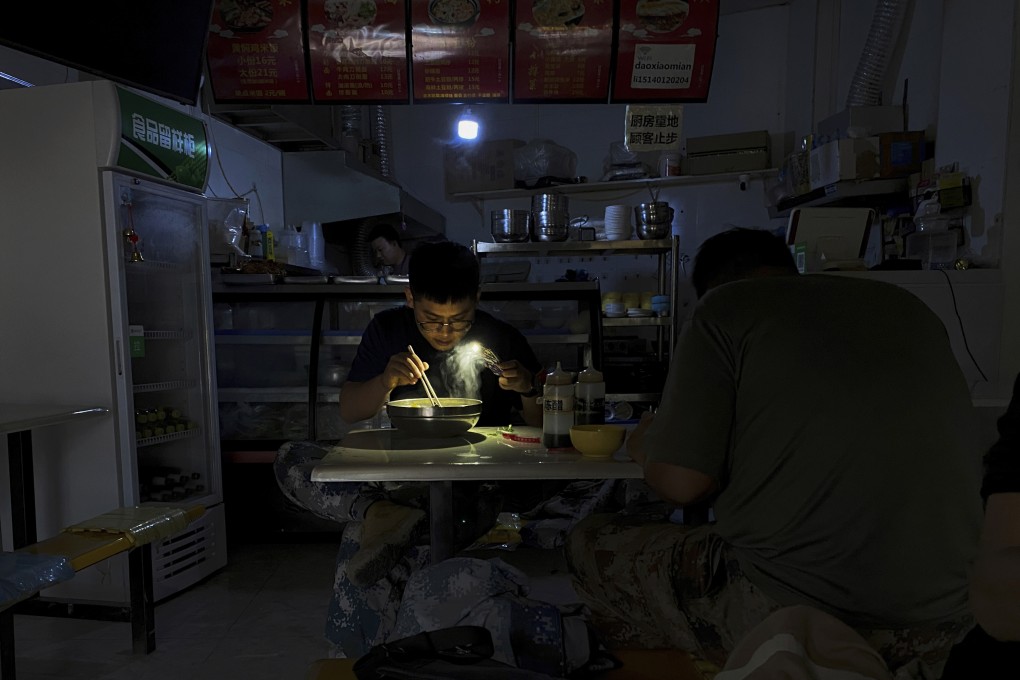Macroscope | China’s coal rush: why the West has no business judging Beijing
- China is committed to carbon neutrality by 2060 but, in the short term, Beijing simply has to address an energy shortfall and keep the lights on
- By moving manufacturing to China, the West has offshored some of its carbon emissions. It is not in a position to criticise Beijing

If that means greater short-term reliance on carbon-emitting energy, including coal, then so be it. That clearly doesn’t sit well with the COP26 agenda and its emphasis on countries signing up for “ambitious 2030 emissions reductions targets”, but those who might be tempted to criticise China should think twice before doing so.
After all, Western consumers continue to rely on vast amounts of well-made and competitively-priced goods that are “Made in China”, while Western policymakers have been perfectly happy in recent decades to offshore manufacturing to China, thus essentially offshoring some of their own economies’ carbon emissions in the process.
So, anyone that might be considering aiming Greta Thunberg’s famous “How dare you” refrain at China should hold fire.

